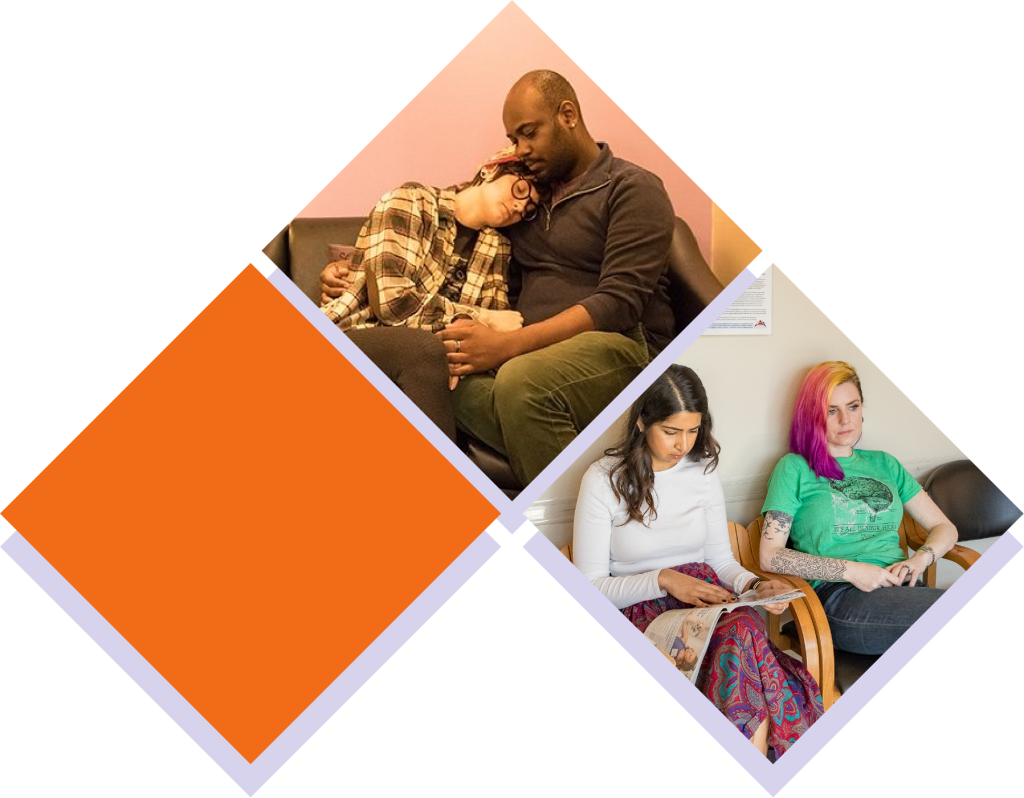CONTACT:
Lauren McEwen
Communications Manager
Feminist Women’s Health Center
In February, Georgia state Senator Bruce Thompson (R-White) introduced SB 456, which would require pregnant people and doctors to jump through hoops to obtain the abortion pill by safe telehealth methods. The bill is now in the Georgia House of Representatives after passing the senate. As of this writing, it is still on the legislature docket but has not yet been scheduled for a hearing.
SB 456 is unnecessary, burdensome legislation that only serves to increase barriers to accessing safe abortion care. This legislation requires pregnant people seeking the abortion pill via telehealth to see a doctor in person, which defeats the purpose of using telehealth methods. The bill also encourages doctors to spread the false claim that medication abortions can be “reversed.”
SB 456 came after the Federal Drug Administration’s December 2021 decision to permanently authorize abortion pills obtained by telehealth measures, a policy that originally began during the start of the COVID-19 pandemic. This decision came after extensive research deeming the abortion pill safe to receive by telehealth, and two decades after the FDA originally approved the abortion pill.
The abortion pill has proven to be a safe and effective choice for people seeking abortion. In fact, a 2022 study by the Guttmacher Institute found that over half of the abortions performed in the United States are currently medication abortions.
While SB 456 may seem innocuous, particularly because it is couched in language about ensuring the health and safety of Georgians, make no mistake – this bill only seeks to limit safe abortion care methods in Georgia. Telemedicine access to the abortion pill is an essential healthcare strategy for people who already experience high barriers to receiving care, such as rural Georgians who do not have access to a gynecologist in their county and those who experience health and mobility concerns preventing them from accessing in-person care during the COVID-19 pandemic.
“At Feminist Women’s Health Center, we want people to have more options for abortion care, not less. We know that medication abortion is incredibly safe, and that telemedicine is critical for advancing health equity and improving healthcare accessibility for people across Georgia. We hope that Georgia lawmakers will listen to the expertise of clinicians, advocates, and people who have abortions and vote against these unnecessary restrictions,” said Feminist Women’s Health Center Executive Director, Kwajelyn Jackson.
SB 456 would create additional barriers to accessing and providing safe abortion care for Georgians. All Georgians deserve access to safe abortions, regardless of zip code, ability, or income. We all deserve to be treated with dignity and respect when we make decisions for ourselves, and it is important that our legislators protect and expand our rights, not lessen them.
For more information about SB 456, including actions you can take to help protect abortion access in Georgia, subscribe to our newsletter.
###
Feminist Women’s Health Center provides safe, accessible and compassionate abortion can gynecological care to all who need it without judgment. The only non-profit, independent, locally based organization in Georgia that directly provides reproductive health services, while also protecting reproductive rights and promoting reproductive justice through organizing and advocacy. In 1976, as part of a Federation of Feminist Women’s Health Centers, the Atlanta Feminist Women’s Health Center was founded with the mission of providing safe, supportive and non-judgmental abortion and gynecological care services, consciousness raising meetings, and self-help workshops. Over the years, influenced by the work of reproductive justice leaders like Loretta Ross and SisterSong Reproductive Justice Collective, we recognized the need to adopt an intersectional approach and move away from a pro-choice centered framework. Integrating a reproductive justice framework is ongoing work that has informed and shaped us as an organization, and led to development of programs and services that specifically seek to address systemic inequities in healthcare and society that affect women, people of color, immigrant families, low-income and rural communities, and people from the trans and LGBQIA+ communities.
You can learn more about our history through the in-depth timeline.





